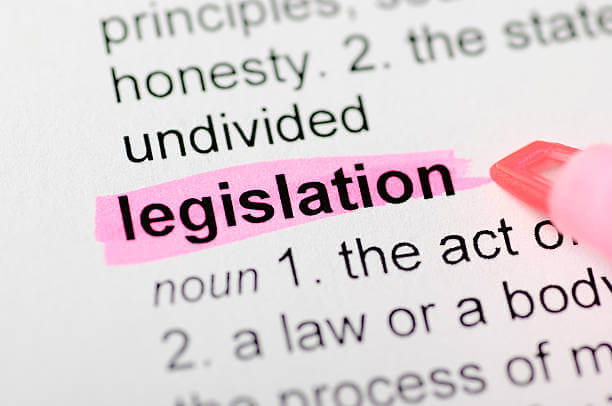Legislation Updates – October
Acts, Employment Law, General, Government / 26 October 2023

Human Rights (Prohibition of Discrimination on Grounds of Gender Identity or Expression, and Variations of Sex Characteristics) Amendment Bill
The Human Rights (Prohibition of Discrimination on Grounds of Gender Identity or Expression, and Variations of Sex Characteristics) Amendment Bill was introduced on 3 August 2023, with changes including proposing to make discrimination on the grounds of gender identity or expression, or variation of sex characteristics unlawful, and to include an obligation to make reasonable accommodations for all LGBTQIA+ people in the workplace.
The Bill also proposes to increase the obligation on employers to justify decision-making where a LGBTQIA+ person has suffered discrimination in the workplace.
Privacy Amendment Bill
The Privacy Amendment Bill was introduced on 6 September 2023, proposing changes including a new notification obligation on an agency when it collects personal information indirectly, to update New Zealand’s privacy laws in line with international best practice. Under the new principle the collecting agency would be required to notify an individual of a range of matters, including its name and address, the purpose of collection, and rights of access to and correction of information. This requirement is proposed as subject to a number of exceptions.
Development of a Pay Transparency System-Key Policy Decisions
We wrote about Gender Pay Gap Reporting in August 2023. The Ministry of Business, Innovation and Employment on 16 October 2023 released a cabinet paper outlining the recommended approach for “Phase One” of a gender pay gap reporting system, which include that the pay gap requirements initially apply to employers with over 250 employees.
The report recommends requiring them to calculate gender pay gaps and other mandatory measures and report each year to a regulator, including on:
- The mean and medium bonus pay paid to male employees compared to female employees (and to ‘another gender’ where appropriate),
- The proportion of males, females and ‘another gender’ that receive bonus pay,
- The proportion of males, females and ‘another gender’ in each quartile by salary, and
- The number proportion of employees who reported being males, females and ‘another gender’ as well as the number or proportion of employees that did not provide a response on their gender.
And, it recommends encouraging voluntary action plans and providing support to employers to develop them, with a review to begin after three reporting cycles to consider whether to make them mandatory.
Phase Two will consider:
- Implementation of Phase One;
- Options for government support for voluntary action plans;
- Ethnic pay gaps;
- The support, compliance monitoring, enforcement and penalty aspects of the system; and
- Who should perform the regulatory functions.
We may not see this implemented this Parliamentary term as the National party do not support a mandatory and broad pay transparency regime.
Message for Employers
Please feel free to reach out to our team if you have any questions or would like to understand the application to your workplace
Disclaimer: We remind you that while this article provides commentary on employment law, health and safety and immigration topics, it should not be used as a substitute for legal or professional advice for specific situations. Please seek legal advice from your lawyer for any questions specific to your workplace.